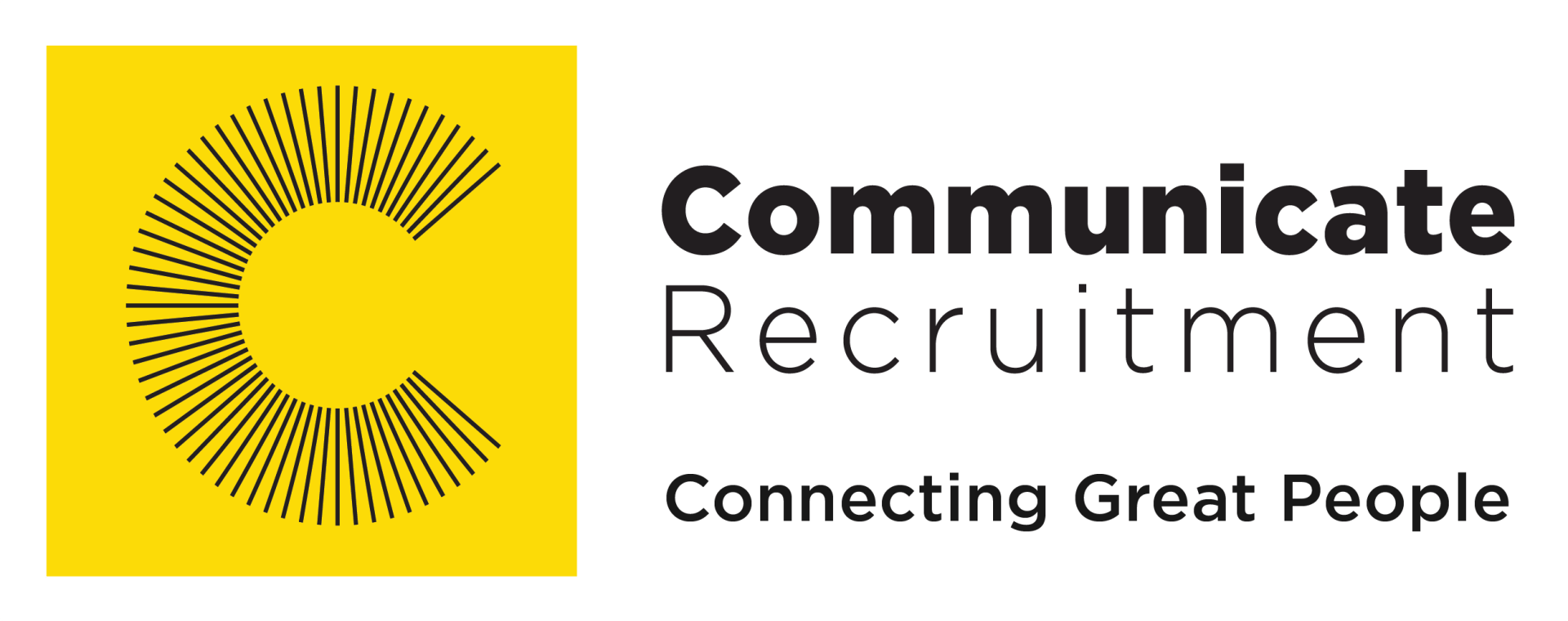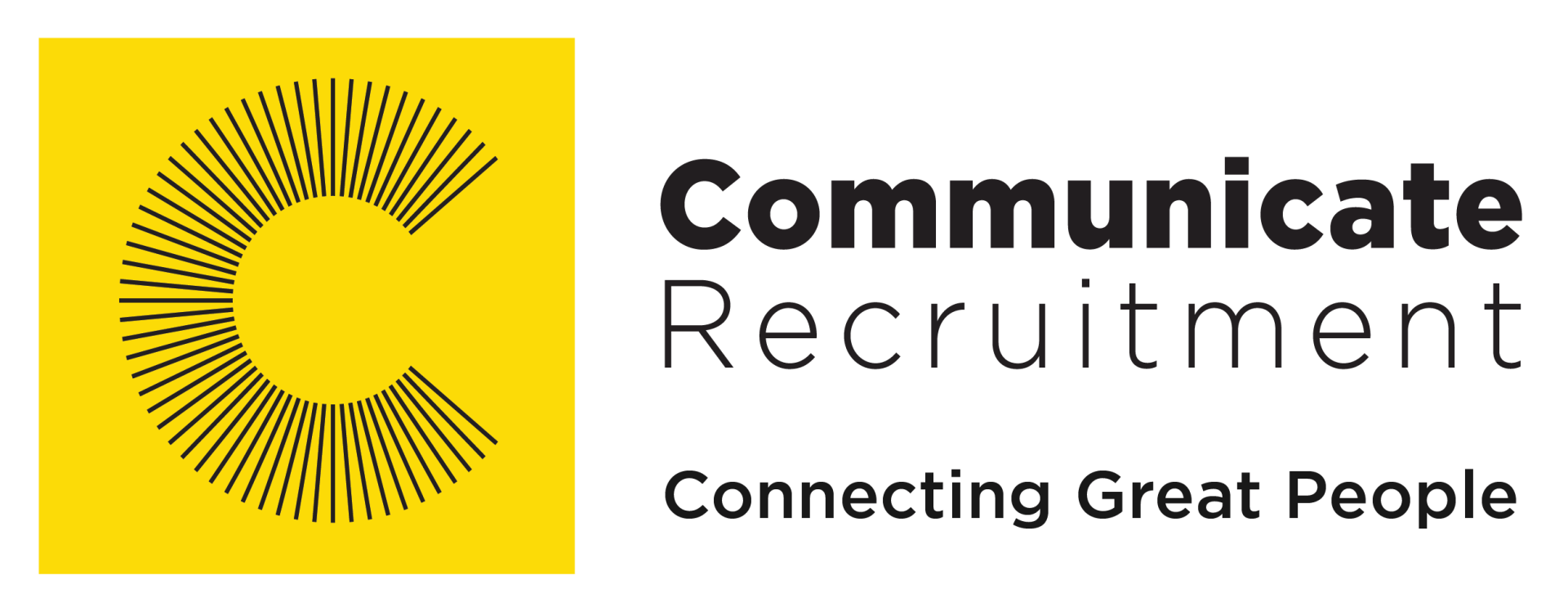Beyond the words in the offer letter
How to elevate your employer brand and attract top talent using language
The job market is changing rapidly because of economic, tech, and environmental shifts. This brings both challenges and opportunities to find, choose, and retain top talent. But, amid all the change, there's a key element: how to word a job offer letter.
Why language matters at all
The job market is tight. Many people are desperate to find work, even if it means earning below their skill levels or pursuing a different career path. With that said, however, candidates have become more sensitive to tone, style, first impressions and red flags that may speak to a negative company culture.
According to various sources:
· 82% of candidates consider employer brand and reputation before applying for a job (Zippia);
· 49% have declined a job offer because of a poor experience with a potential employer during the hiring process (CareerPlug); and
· 55% say they have abandoned applications after reading negative reviews online (Apollo Technical).
More than offering a job
When presenting an offer in writing, you’re establishing first contact and trying to win over a candidate you feel is worthy of joining the team.
Language, word choices, phrasing and tone are everything at this stage, because they introduce the individual to where they'll spend most of their time.
Here’s a set of examples:
Alice is a software engineer who applied for mid-level positions at two companies with similar salary packages and career development opportunities. After two successful interviews with each potential employer, she gets feedback:
· Company 1
Subject: You did it. You got the job.
Hey Alice
Apart from impressing us with your skills, experience, and qualifications, your bubbly and determined character would be the perfect fit for our team members (who are so excited to meet you).
I’d like to offer you the following package:
· R350 000 a year with annual performance-based raises and bonuses
· A hybrid working arrangement
· Contributions to fuel, medical aid, and pension
· Access to paid skills development, mental health support, and networking events
· A home-office budget for the essentials
· No probation period, but quarterly performance assessments in the first year
Feel free to drop me an email if you have any questions and let’s set up a meeting to discuss the contract.
I believe you have a lot to offer and would like to match our expectations with yours. Please let me know whether and when you can start.
Warm regards, etc.
· Company 2
Subject: RE: Mid-level software engineer position
Dear Applicant
We are pleased to inform you that you met the minimum requirements for the role and would like to offer you the position at our company.
Here’s what we offer mid-level software engineers:
· R170 000 to R350 000 a year, based on skill level and experience
· Hybrid working arrangement, with 3 compulsory days at the office
· Medical aid and pension
· Possible skills development opportunities depending on performance
· Weekly staff meetings
· No probation period, but frequent performance meetings to confirm fit
Please note: Our company has had high application volumes. If we haven’t received communication from you by 7 December, we will assume that our offer was unsuccessful.
Contact us for more information, etc.
Why would Alice prefer the first company?
Because they provided clear information about the job, compensation, and benefits, and didn’t exaggerate or misrepresent any aspect of the offer. And although they applied the same criteria and standards to all candidates, they commended Alice for her character instead of making her feel like “just another candidate”.
The language was not overly formal, but the details were professionally presented. The hiring manager showcased the company’s culture as friendly, warm, and empathetic through personable, human communication.
On the other hand, the second company delivered a dry and generic email. The information was vague, the language formal, and there was no indication that they chose her based on anything other than meeting the minimum requirements.
The overall message gave the impression that they’re doing Alice a favour by offering her the job, instead of proposing a mutually beneficial partnership.
Contact Communicate Recruitment for our genuine expertise in job offer letters.





